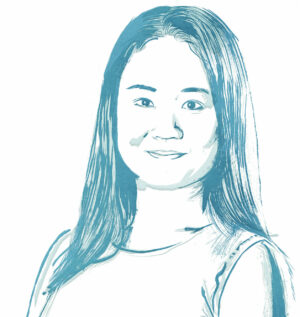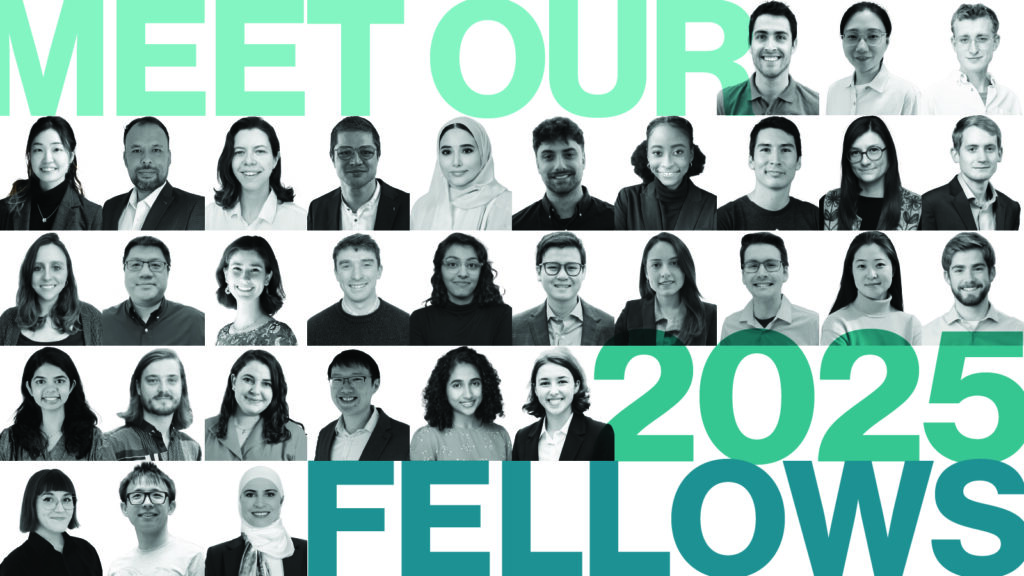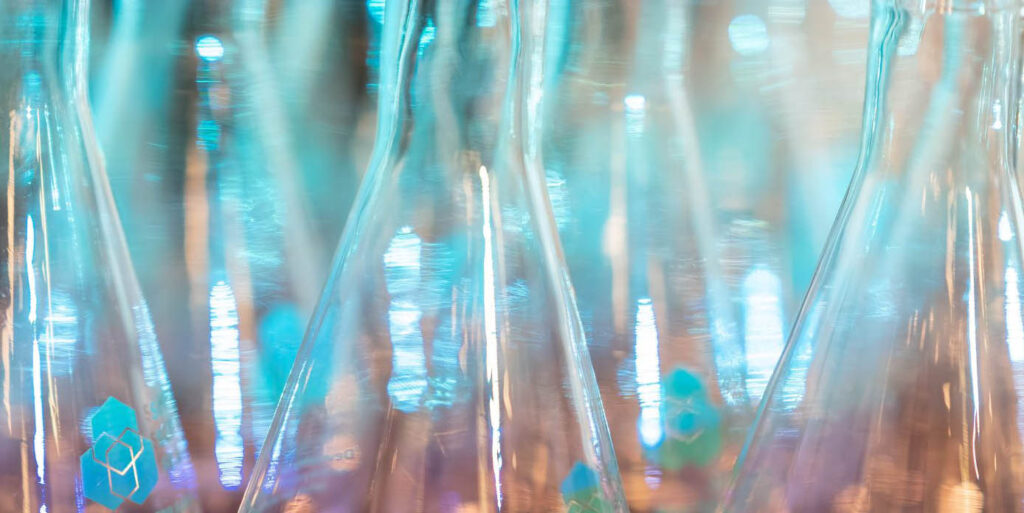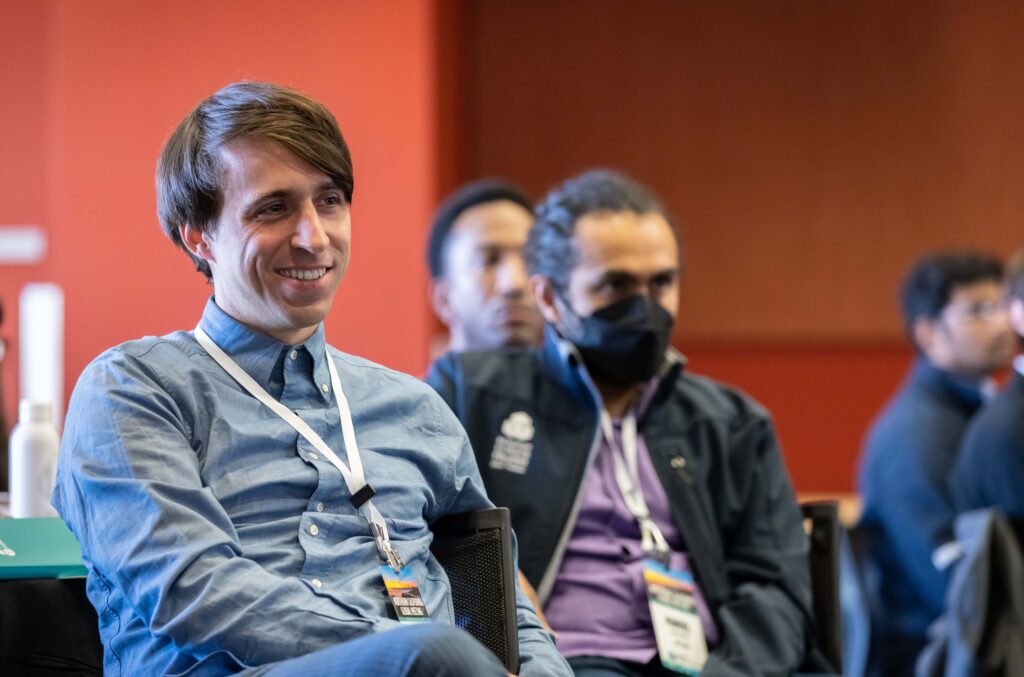This case study features in the Schmidt Science Fellows Annual Report 2019-2020.
 Dr. Xiwen Gong is a member of the inaugural cohort of Schmidt Science Fellows, selected in 2018. She obtained her first degree in Materials Physics from Fudan University, in Shanghai, China before moving to Canada to pursue her PhD at the University of Toronto. As a Schmidt Science Fellow, Xiwen has worked on developing wearable LEDs at Stanford University, receiving follow-on Program support in the form of an Additional Study Grant and a COVID Emergency Placement Extension Grant.
Dr. Xiwen Gong is a member of the inaugural cohort of Schmidt Science Fellows, selected in 2018. She obtained her first degree in Materials Physics from Fudan University, in Shanghai, China before moving to Canada to pursue her PhD at the University of Toronto. As a Schmidt Science Fellow, Xiwen has worked on developing wearable LEDs at Stanford University, receiving follow-on Program support in the form of an Additional Study Grant and a COVID Emergency Placement Extension Grant.
Tell us about your background and PhD research.
My previous research focused on nanomaterials, small nanometer-sized particles called quantum dots (QDs), and using them to make optoelectronic devices, including high-efficient lighting LEDs, solar cells, and light detectors. QDs have such great properties including high brightness, and their color of emission can be tuned by simply changing the size or their chemical composition.
But devices like phones, tablets, or solar panels are mostly rigid in form, limiting their applications. Can we generate a new type of material with these electronic properties, but be very flexible and durable in nature? As a Schmidt Science Fellow at Stanford University, I’ve worked on device engineering to build a wearable LED using QDs. It’s such a big leap and a completely new adventure for me.
The Schmidt Science Fellows support over the last two years has been vital because the independence I have had has allowed me to really develop my own course of research.
How has Schmidt Science Fellows supported your science?
The Fellowship gave me the independence to choose the best group and research project that I wanted to work on. Schmidt Science Fellows empowered me to be brave. The Program emphasizes interdisciplinary study and making that pivot. It’s actually quite risky because many people want to see something immediately generated in your postdoc which is more easily done by sticking to your field. Without Schmidt Science Fellows, I would be hesitant and questioning whether I should take the risk and pivot into an entirely new field.
When the pandemic hit, my research lab got shut down and there was no way for me to do experiments for months – and the research I’m doing is heavily experimental. Without the Emergency Placement Extension Grant from Schmidt Science Fellows my postdoc would have ended before the lab reopened. The extra support has not only given me more lab time to complete the experiments but has also helped a lot mentally: we know that we’re supported, otherwise it’s just very tough.
How important was the Additional Study Grant?
The complexity of my project means that I needed more than one year to complete my research. When you pivot and start in a new field, the ramping up time is longer than normal. Projects as complex as mine normally take one and a half to two years – even without COVID-19 – so the support for additional time has been vital. Without it, my time would be spent on other projects rather than cultivating my very own research direction which I am now on course to do.
How important has the Fellowship community been?
Support from my peers has been vital. I developed a very strong bond with some of the Fellows in my cohort and when I have questions, or I want to bounce ideas, I can reach out to these colleagues who have been really supportive and lovely.
What plans do you have for 2021 and beyond?
I have secured a faculty position at the University of Michigan, Ann Arbor, that I will start in January 2021. My research group will innovate soft electronic materials, including nanomaterials, polymers, and perovskites from the molecular level, understand their fundamental properties using advanced spectroscopies, and advance the next generation of bioelectronics for the applications in biomedical sensing, soft robotics, energy harvesting, and storage. The Schmidt Science Fellows support over the last two years has been vital because the independence I have had has allowed me to really develop my own course of research.


